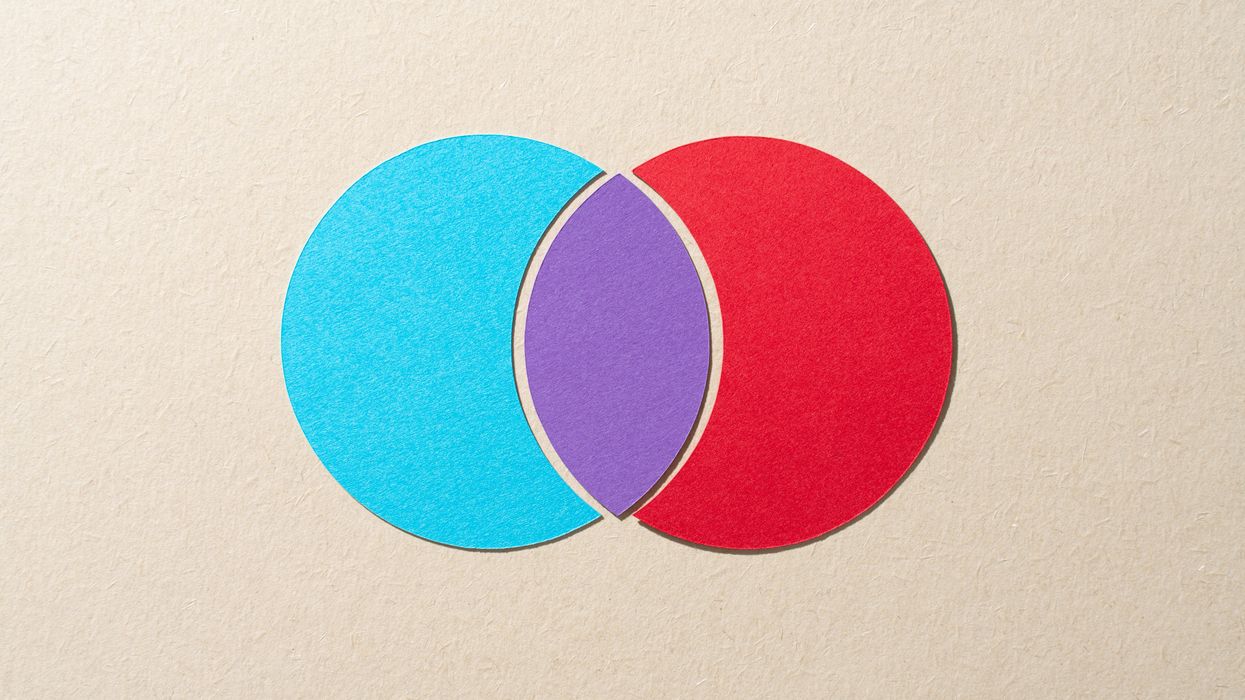American politics is often dominated by the loudest voices on the left and right. But in the latest episode of the “ Let’s Find Common Ground ” podcast, hosts Richard Davies and Ashley Milne-Tyte research the crucial difference between what Americans get from their elected representatives and what they really want to hear.
They are joined by Dartmouth University professor Sean Westwood, who also runs the Polarization Research Lab. He studies American political behavior and public opinion, examining how partisanship and information from political elites affect the behavior of citizens.
"There is an absolute need for common ground," Westwood says. The research shows that most Democrats and Republicans "know very little about the other side and have significant misperceptions."
They explore why elites, including political leaders and celebrities, have a powerful impact on public behavior. "When we humanize the opposition and bring politicians together and demonstrate how they can have civil disagreement, you set norms that the public will follow," Westwood says.
Remember to check out The Democracy Group Podcast Fellowship, where passionate individuals, especially college and high school students, can learn to launch their podcasts. Apply at democracygroup.org/fellowship. The fellowship is sponsored by the Bridge Alliance, which operates The Fulcrum.




















Trump & Hegseth gave Mark Kelly a huge 2028 gift